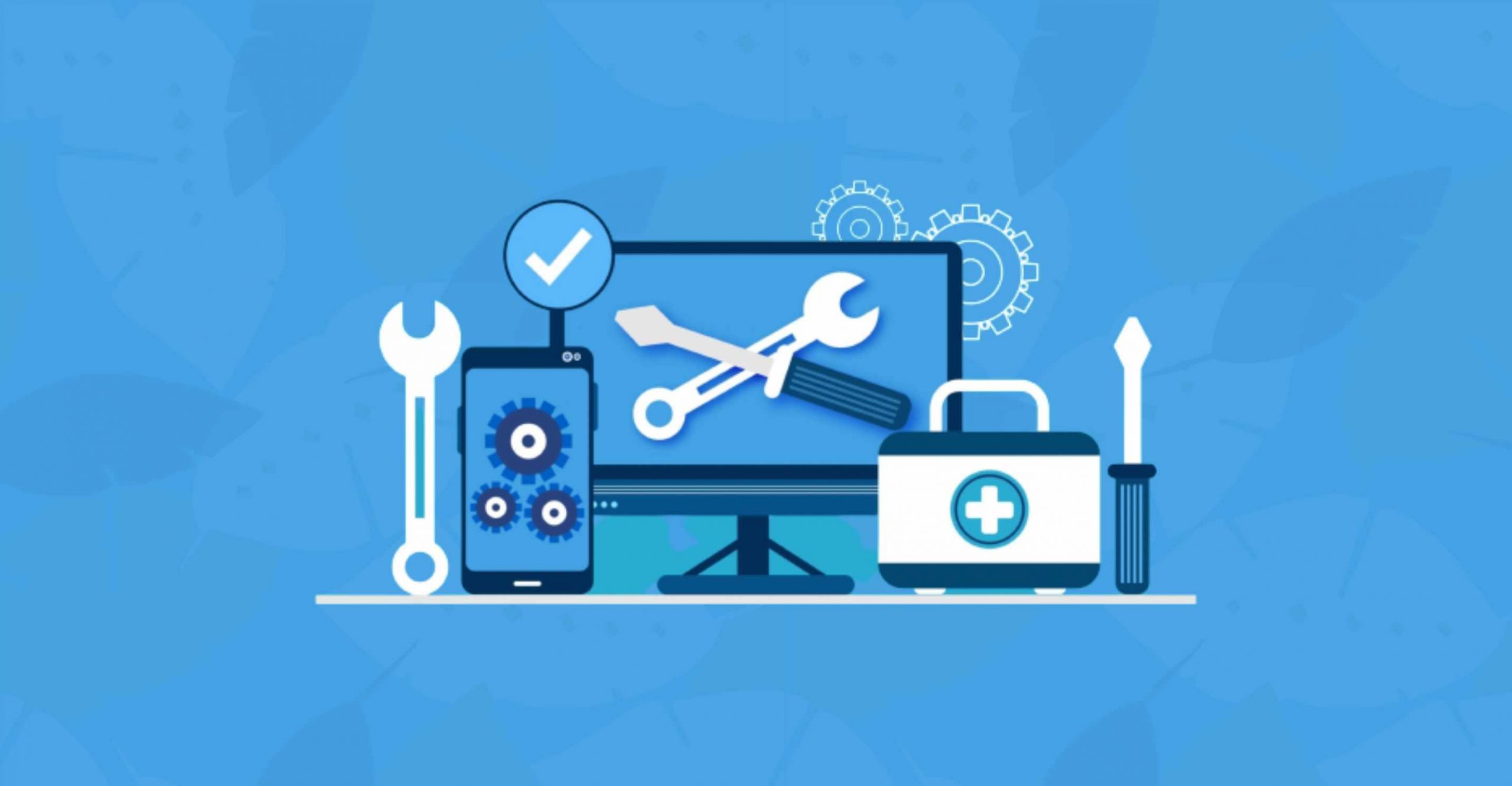Website maintenance is crucial for ensuring your website remains functional, secure, and up-to-date. Regular maintenance can prevent downtime, protect against cyber threats, and improve user experience. Here are some tips to keep your website up and running:
- Keep software and plugins updated: Regularly update your website’s content management system (CMS) and plugins to the latest version. This helps to fix security vulnerabilities and improve performance.
- Monitor website uptime: Use website monitoring services to track your website’s availability and receive notifications in case of downtime. This helps to detect and fix issues before they become bigger problems.
- Back up your website regularly: Regular backups help to protect your website data in case of server failures, hacking, or other disasters. Store backups offsite or in the cloud for added security.
- Test your website regularly: Regularly test your website to ensure all links are working, pages are loading quickly, and forms are functioning properly. This helps to improve user experience and prevent broken links and 404 error pages.
- Secure your website: Implement basic security measures such as SSL certificates, firewalls, and security plugins to protect your website from cyber attacks. Also, ensure passwords are strong and regularly changed.
- Remove outdated and unused content: Regularly review and remove any outdated or unused content, such as blog posts or images, to improve website performance and keep it fresh and up-to-date.
- Optimize website for speed: Slow loading times can lead to high bounce rates and low engagement. Use website optimization techniques, such as image compression, minifying CSS and JavaScript, and caching, to improve website speed.
- Monitor website traffic: Regularly monitor website traffic to track user behavior and identify potential issues, such as high bounce rates, low engagement, or broken links. Use this information to make improvements to your website.
Conclusion
In conclusion, website maintenance is crucial for ensuring your website remains functional, secure, and up-to-date. Regularly updating software, monitoring uptime, backing up data, testing your website, securing it, removing outdated content, optimizing for speed, and monitoring traffic can help keep your website running smoothly and improve user experience. By following these tips, you can keep your website running efficiently and effectively for years to come.


